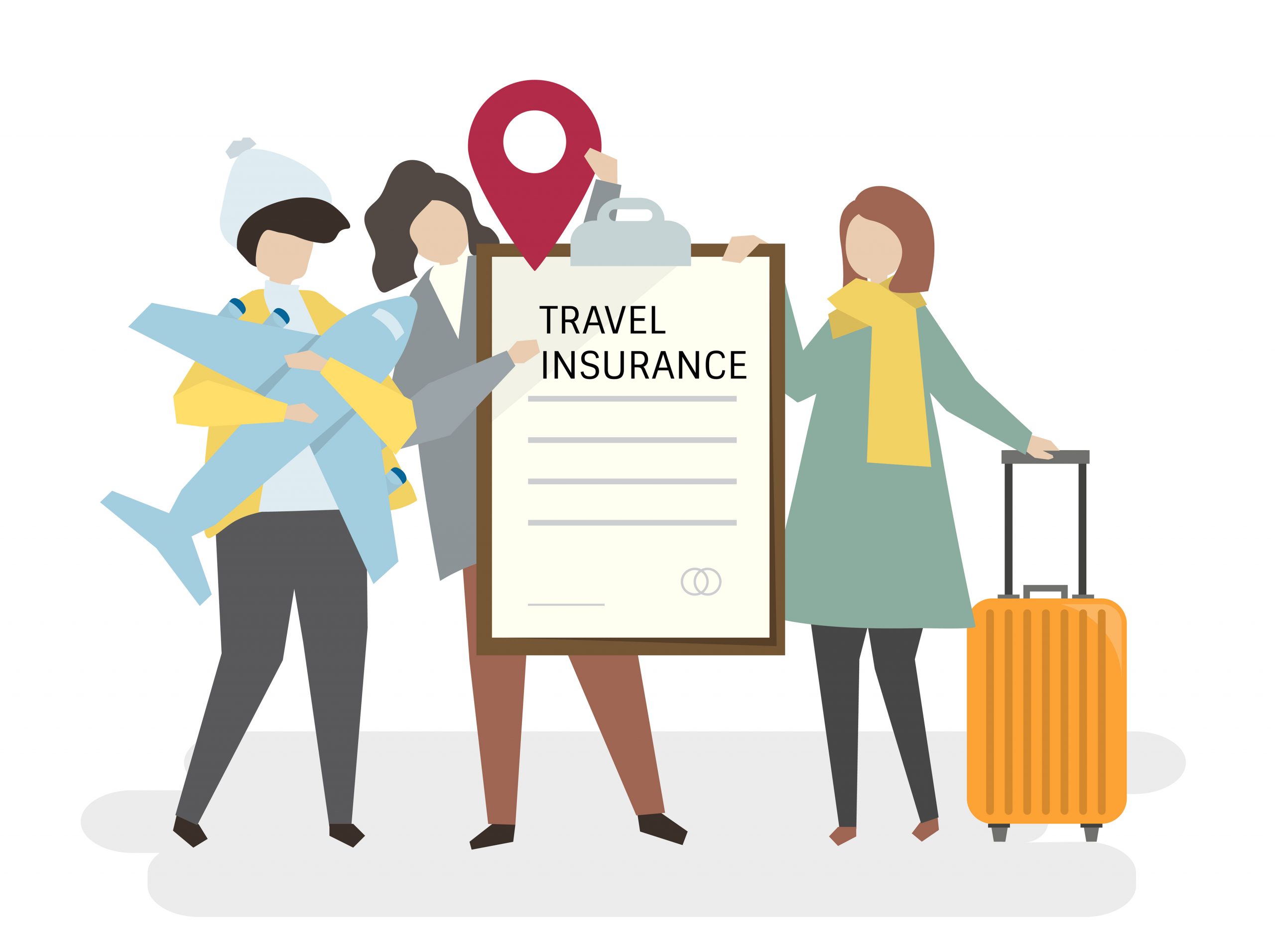Table of Contents
A corporate travel policy is a document travel managers provide to employees before traveling for business. A travel policy allows a company the ability to control expenses, keep its employees safe, and make the experience enjoyable for everyone involved.
Keep reading to find out what is in a travel policy and why they matter.
Communication
Communication is another necessary part of corporate travel, and having a clear understanding of when and how to communicate can help keep your team safe and on track.
In the communication section, include contact information for the travel manager, travel agent, company manager, and other employees on the trip.
You may also want to include check-in requirements. Have your employees check in with you every few hours to provide project updates and confirm their safety.
Expense Reporting
For employees to receive reimbursements, it is essential to include information regarding expense reporting.
In the travel policy, provide an excel sheet or guide on how to track expenses in addition to how to report them.
Expense reports should include:
- Receipts
- Categories
- Date
- Time
- Location
In this section of the travel policy, don’t forget to explain what is reimbursable, how to file the claim, and reimbursement time frames.
Expense reporting is important because it helps the company during tax time and helps the employees feel comfortable spending money.
Travel Insurance
Travel insurance information is also included in a travel policy.
It is essential to ensure that your employees know what reimbursements they are entitled to if an unfortunate situation occurs.
Travel insurance will cover things like:
- Lost luggage
- Stolen property
- Canceled flights
- Canceled hotels
- Emergency medical bills
Cancellations, re-bookings, and lost luggage are occurrences that happen more often than you would think. If your employees are unaware that their situation is covered, they will either eat the cost or attempt to report it as a business expense.
Safety
A corporate travels policy is not only created to safeguard a business but to keep its employees safe as well.
While your team is away for business, they are ultimately your responsibility which is why many companies have strict safety rules and procedures to follow while traveling.
Consider adding the following to your travels policy:
Tracking
Many corporate tracking apps provide travels managers the ability to see real-time data regarding where an employee is. Tracking is important because if a team member were to get lost, hurt, or worse, you have access to their current or last known location.
Read Also: How can you tell if German shepherd is purebred?
Safety in Public
When a person is in an unfamiliar area, it can be hard to detect whether a location is safe. You can help keep your employees safe by adding destination-specific limitations. For example, if your research shows that a certain area has a high crime rate, you may want to state that they should avoid that area.
Additionally, many travel managers add “curfews” to the travel policy. In other words, your employee should return to the hotel by 11 pm.
Budgeting
Traveling is expensive, which is why a corporate travel policy comes in handy.
Unfortunately, some employees take advantage of having a corporate card or spend aimlessly with the hopes of being reimbursed. As a business, you must limit how much money is being spent.
By highlighting the following budget category details, you save your company money, and set clear spending boundaries.
Travel
In your travel policy, advise employees that only business-related travel will be covered. Business travel may include going to and from the destination, meetings, and events.
Accommodations
Corporate travel expenses will cover the cost of lodging, and you can make the trip more comfortable by allowing your employees to select their own hotel.
To ensure that your team does not overspend, provide them with an accommodation budget. You can research average hotel prices in the area and request that the employee does not surpass that dollar figure. You may also want to clarify that room service and movie rentals will not be covered.
Meals
Your team has to eat while away, and food is another expense covered by the business; however, it is essential to set a budget for meals. You can either set a daily budget for all meals or provide a total trip allowance.
Be sure to include information regarding alcoholic beverages. Most companies do not cover the cost of alcohol unless the employee is meeting with a client over drinks.
If an employee has additional expenses not outlined in the budget portion of the travel policy, make it clear that approval must be granted before spending; otherwise, it will be out of pocket.



